|
|
|
Roman
London
The
Romans founded the City of London in the 1st Century A.D. This walk
shows you what can still be seen of their wall, fortress, bridge
and a temple. You will also see the sites of their basilica, forum,
amphitheatre and Governor's Palace.
|
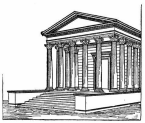 |
|
|
|
| The
Great Fire |
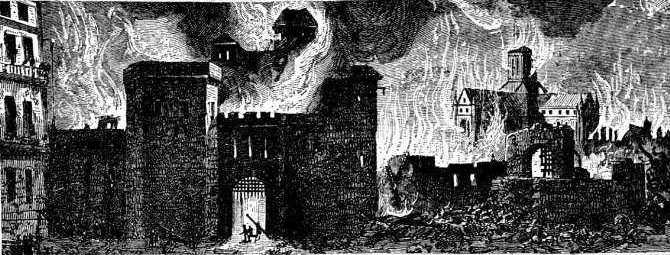  |
| In
1666 four fifths of the medieval city was destroyed. This walk traces
the progress of the fire from Pudding Lane, near London Bridge, through
the streets and alleyways towards St. Paul's Cathedral and then down
Ludgate Hill to Fleet Street where it was finally brought under control. |
|
|
|
| Wren's
London |
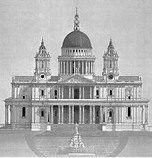 |
After
the devastation of the Great Fire, Sir Christopher Wren was commissioned
to supervise the rebuilding of St. Paul's Cathedral and 51 other churches.
This walk explores the outside of St. Paul's and you will visit a
selection of his remaining masterpieces such as St. Mary-le-Bow, St.
Stephen Walbrook, St. Lawrence Jewry and St. James Garlickhithe. |
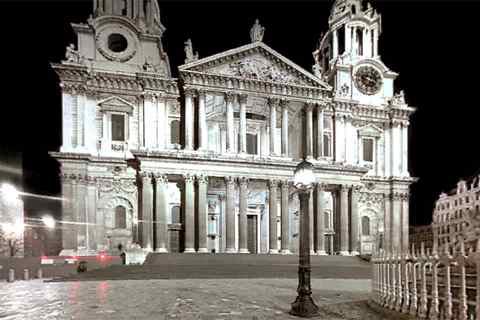 |
|
|
 |
| Fleet
Street |
 |
This
important street is a direct link between the cities of London and
Westminster
and
is full of history. From being the home and meeting place of a wide
range of writers and journalists, it became the hub of the newspaper
industry while the proximity of the Inns of Court and the Royal Courts
of Justice put Fleet Street at the heart of legal London.
|
|
|
 |
|
The Literary
City
London
has always been a magnet for a wide variety of novelists, historians,
satirists, diarists and poets. This walk includes Cheapside, London
Bridge, Thames Street, Tower Hill and Cornhill where you will see
the homes and haunts of such writers as Chaucer, Pepys, the Brontes,
Defoe, Milton, Donne, Betjeman and T.S. Eliot.
|
 |
|
|
 |
|
The City's
Hidden Gardens
This
walk will take you to a number of secluded and peaceful gardens
between St. Paul's Cathedral and Tower Hill. Most of them are on
historic sites, are in unexpected places, and are tranquil even
in the heart of one of the world's busiest cities.
|
 |
|
|
 |
| The
Lord Mayor's Show |
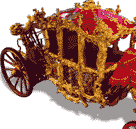 |
Early
in November, every year, the newly elected Lord Mayor of the City
of London is led through the streets in a procession which is a blaze
of colour, music, spectacle and pageantry. Starting at Guildhall,
this walk follows the route of the Show along Gresham Street, past
Mansion House, along Cheapside to St. Paul's Cathedral and finally
down Fleet Street to the Royal Courts of Justice in the Strand. |
|
|
 |
|
Tudor London
This
walk is based on "A Survey on London" written by
John Stow in 1598. As the first comprehensive study of the thriving
capital city of the 16th Century, it is of great historical importance.
By following in Stow's foot steps we will experience some of the
things he saw and described.
|
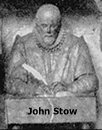 |
|
|
 |
| The
Victoria Embankment |
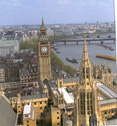 |
This
walk begins at Westminster, opposite Big Ben and follows the north
side of the River Thames as far as Temple Gardens. It encompasses
fine gardens created on land reclaimed from the river, a multitude
of interesting statues, hidden parts of once-busy watergates and remarkable
views along both banks of the river. |
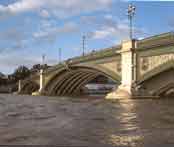 |
|
|
 |
| The
Business City |
|
This
walk looks at the growth of finance and trading which has always
been at the heart of the City of London. It traces the development
of money lending and banking from such early beginnings as the City
Livery Companies and streets like Jewry and Lombard Street to the
Bank of England. We will also look at the early market places of
Cheapside and Leadenhall and then explore the modern buildings and
tower blocks of the Stock Exchange, Lloyd's and other business institutions.
This walk will end at Tower Hill where the influence of the river
on trading is evident.
|
 |
|
|
 |
| The
Architectural Heritage of the City |
|
These
two distinct walks show something of the architectural heritage
of the City from the days of the Romans to the beginning of the
21st Century.
1.
The first walk starts from the Bank of England through the financial
heartland of Cornhill, Leadenhall Street, Eastcheap, Billingsgate
and the Monument and ends at the Mansion House.
2.
The second walk starts from St. Paul's Cathedral and includes Christchurch
Greyfriars, Aldersgate, St. Bartholomew-the-Great, Smithfield, the
Barbican, London Wall, Guildhall, Cheapside and Bow Lane, ending
back at the Cathedral.
|
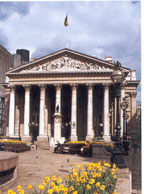 |
| |
|
 |
| |
|
|
|





